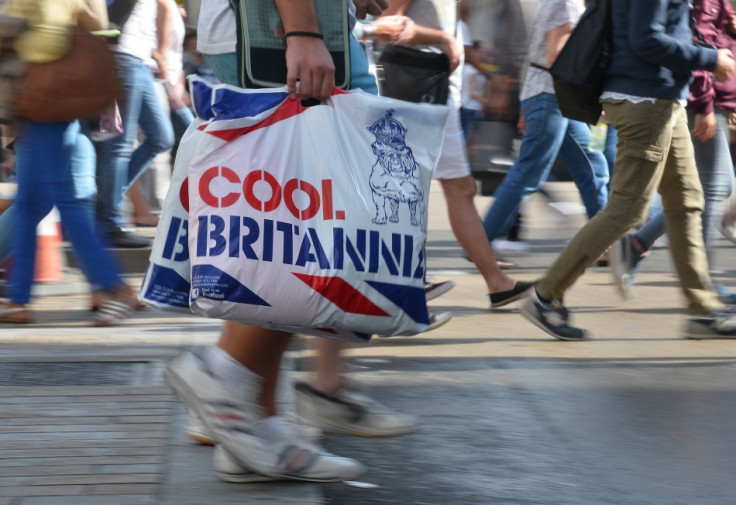Britons' spending splurge resumes as retail sales grow at fastest rate since April
Retail sales rise 1% month-on-month in August, defying expectations of stagnant growth.

UK retail sales rose more than expected in August, posting their biggest monthly increase since April as official figures released on Wednesday (20 September) showed.
According to the Office for National Statistics (ONS), retail sales rose 1% on a monthly basis last month, exceeding expectations for no growth, while the 0.3% gain recorded in the previous month was revised up to 0.7%.
"Within this month's retail sales we are seeing strong price increases across all store types compared with a year ago, reflecting wider inflationary pressures," said ONS senior statistician Kate Davies.
"However, we are still seeing underlying growth in sales volumes, and with strong growth in non-essential purchases as consumers continued to buy more from non-food stores."
On an annual basis, retail sales rose 2.8%, beating forecast for a 1.4% increase, while the previous month's 1.5% increase was revised up to 1.7%.
Contribution of food stores remained flat whilst there was a fall in the contribution of growth within petrol stations, showing that contributions to the overall growth came from non-essential items.
The ONS added the underlying pattern in the retail industry was one of growth, with retail sales increasing 1.2% in the quarter through to August, compared with the previous three months.
Meanwhile, when including auto fuel, retail sales grew 1% month-on-month, ahead of analysts' forecast for a 0.2% gain, while the 0.3% increase recorded in July was revised up to 0.6%.
When fuel sales are included, sales rose 2.4% year-on-year, comfortably beating the 1.1% increase analysts had forecast and sharply higher than the upwardly revised 1.4% increase from the previous month.
The report comes a week after the ONS warned wages continued to lag behind inflation. Data released last week, showed wages increased less than expected as they continue to lag behind inflation.
Average weekly earnings rose by 2.1% year-on-year, in line with the gain recorded in the previous month but below the 2.2% increase analysts expected.
When the impact of inflation is factored in, real weekly wages fell by 0.4%, both including and excluding bonuses, compared with a year earlier.
Ben Brettell, senior economist at Hargreaves Lansdown said spending had defied expectations of a slowdown since the Brexit referendum and currently seemed to be holding up despite weak wage growth and above-target inflation.
"This could bode well for economic growth – the UK economy is heavily reliant on the consumer, and economists had expected falling real incomes to eventually translate into weak retail sales," he added.
"If this fails to materialise the economy could see a stronger second half to the year – though there are also growing concerns over the level of household debt, which is fuelling continued consumption in the absence of rising real wages."
© Copyright IBTimes 2025. All rights reserved.






















